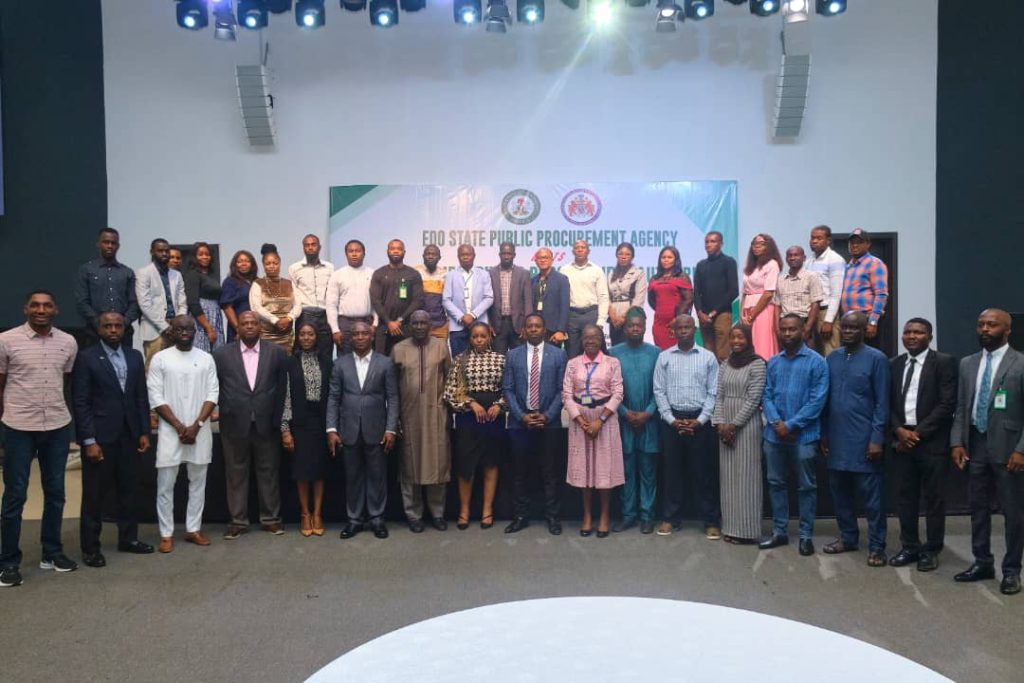•To Boost cashless economy, combat fraud, others, apex bank unveils cash-out limits for agent banking transactions
•Senate asks central bank to address interest rate hikes, naira scarcity
James Emejo and Sunday Aborisade in Abuja
The Central Bank of Nigeria (CBN) yesterday said the country’s $42.01 billion external reserves could finance importation of goods and services for more than nine months in 2025.
This was as the apex bank, assured Nigerians of better economic fortunes in 2025.
The Governor of the CBN, Mr. Olayemi Cardoso stated this during a performance index report presentation to the Senate Committee on Banking, Insurance and other Financial Institutions.
Cardoso made the remarks just as the CBN introduced policy interventions to enhance the use of electronic payment channels for agency banking operations in the country.
The move also seeks to boost ongoing efforts by the apex bank to advance a cash-less economy, and address identified challenges, combat fraud and establish uniform operational standards across the industry.
The new policy review was conveyed in a circular dated December 17, 2024, and signed by Oladimeji Yisa Taiwo for the CBN Director, Payments System Management Department, which addressed to all Deposit Money Banks (DMBs), Microfinance Banks, Mobile Money Operators and Super-Agents.
Speaking during the session with the Senators, the CBN Governor said, “External Reserves rose from $38.35 billion it was on September 30, 2024, to $42.01billion as of December 12, 2024.”
He explained that the increase in external reserves within the stated period, was driven largely by receipts from crude oil related taxes and third party receipts in the third quarter of 2024.
He explained, “We maintained a current account surplus and saw remarkable improvements in our trade balance.
“Our external reserves level can finance over 9.09 months of import of goods and services or 13.91 months only, higher than the international benchmark of 3.0 months and a robust buffer against shocks.”
On cash shortage, the CBN Governor reiterated application of new policy of N150 million fine against any bank branch caught indulging in illegal distribution of new naira notes to currency hawkers and unscrupulous elements.
He added that the Nigerian economy would take a better shape in 2025, through policies and measures that had been put on ground.
Cardoso said, “Despite the challenges facing our economy, there are clear reasons for optimism.
“The gradual stabilisation of the forex market, ongoing banking sector recapitalisation, positive growth trends in key sectors, especially the services sector indicate a path toward recovery and stability.”
He explained that diaspora remittances through the International Money Transfer Operators (IMTOs) totalled $4.22 billion from January to October 2024, almost doubling the $2.62 billion recorded in the corresponding period in 2023.
“The increase in remittances represents a growth of approximately 61.1 percent in one year,” he added.
Providing a monthly breakdown, Cardoso noted that remittances rose from $336.61 million in September 2024 to $402.38 million in October 2024.
The CBN Governor attributed the increase to enhanced efficiency in the remittance process, the positive impact of President Bola Tinubu’s policies, and the growing confidence of Nigerians in the diaspora to contribute to national development.
Cardoso further projected that remittance inflows would continue to rise by the end of the year, given the current trajectory.
The Senate Committee on Banking, Insurance and other Financial Institutions on the occasion, urged the CBN to address its interest rate hikes.
It warned that economic productivity cannot be enhanced in a high interest rate environment where access to credit is equally constrained.
The Chairman of the Senate Committee, Tokunbo Abiru, gave the advice during the interactive session with the CBN delegation.
Abiru said, “It goes without saying, therefore, that productivity cannot be enhanced in a very high interest rate environment where access to credit is equally constrained.
“This is why we think the bank should devote more time to assess the impact of sustained rate hikes not only on the general price level but also on the overall economic activity.”
Further expressing concerns over rising inflation, the chairman urged the apex bank to consider deploying monetary policy tools to support productivity noting that traditional tools for maintaining inflation are weakened by huge cash circulating outside the banks.
“This is without prejudice to the banks’ primary mandate of maintaining price stability and its instrument of independence,” he added.
Abiru highlighted the role of increased output, especially in the agricultural sector, in moderating inflationary pressures dominated by the food index.
To further support productivity, he recommended that the bank should consider resuming targeted interventions to SMEs through developing financial institutions, and other mechanisms, as part of efforts to achieve the $1 trillion of economy.
He further emphasised the importance of synchronising monetary and fiscal policies to achieve desired macroeconomic goals.
The chairman also raised concerns around the persistent cash scarcity in recent times despite assurances by CBN to address the challenge.
He criticised the difficulty in accessing cash from ATMs, including those located within the bank premises, as well as the prevalence of dirty and mutilated Naira notes in circulation.
Additionally, he condemned excessive bank charges, delays in resolving customer complaints, and the high rate of failed online transactions, all of which, he noted, undermine public confidence in the banking system.
Abiru also raised concerns about low interest rates on savings deposits despite an increase of over 875 basis points in the Monetary Policy Rate (MPR) since February, which has now risen beyond 35%.
Abiru further urged the apex bank to clear the outstanding $2.4bn foreign exchange (FX) forward contract noting that the Senate has recieved petitions from, small, medium, and large enterprises.
Meanwhile, the CBN, yesterday introduced policy interventions to enhance the use of electronic payment channels for agency banking operations in the country.
The CBN directed all principals of agent banks to immediately ensure that issuers set a cash withdrawal limit (cash-out) per customer, regardless of channel to N500,000.00 per week.
Banks are to further ensure that all agent banking terminals are set to a daily maximum transaction cash-out limit of N100,000.00 per customer – and that each agent’s daily cumulative cash-out limit shall not exceed N1.2 million.
In agent banking, the principal is the licenced financial institution or mobile money operator that hires an agent to provide financial services to customers on their behalf – the agent being the third party that performs the services.
The CBN further stressed that principals shall be wholly responsible and liable for all actions and omissions of their agents as it relates to agent banking services or matters connected therewith, as stated in the Guidelines for the Regulation of Agent Banking and Agent Banking Relationships in Nigeria.
The apex bank also directed that agent banking services be clearly demarcated from merchant activities and that agents apply the approved Agent Code 6010 for agent banking activities.
The CBN also mandated that agency banking activities be consummated exclusively through agent float accounts maintained with the principals, who are to monitor accounts associated with the agents’ BVN(s) with a view to identifying agent banking activities which may be conducted outside the designated float account(s).
Banks and other mobile operators are to ensure that all agent terminals are connected to a Payment Terminal Service Aggregator (PTSA) and ensure that that all daily transactions per agent, including withdrawals, limits of transactions and balances in the float accounts of each agent, are sent electronically to NIBSS as a report to the CBN.
In the policy tweak, the CBN also stated that it will conduct oversight of the afore-mentioned actions ,including impromptu back-end configuration checks, to ensure that all principals and their agents comply.
The central bank also warned that, “Any breach of the directives contained in this circular shall attract appropriate penalties including monetary and/or administrative sanctions”.
Last modified: December 19, 2024








